
October 27 | 12:00 PM ET
The changing circumstances of higher education require a form of adaptive teaching in which technologies are used to support student learning across a variety of contexts. As our toolbox of technologies expands, faculty and other instructors aren’t always sure how to integrate those tools into their teaching in meaningful ways. Determining what’s possible and what’s useful can be challenging. In this session, we’ll explore several teaching principles for matching technology to pedagogy, principles that can help us make intentional and effective use of technology however we teach.
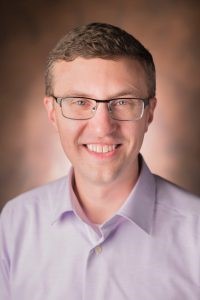
October 27 | 2:00 PM ET
Business & Operations
Recently, we have become overtly aware of the importance of strong leadership in higher education as we prepare for an unknown and unprecedented future. Leaders in online and continuing education have a charge to increase enrollment and student success, but we also have a responsibility to foster the future leaders in our field. Quite often people do not have the opportunity to think about, discuss, and wrestle with leadership concepts until they find themselves in those positions. Therefore, we wanted to provide an opportunity for our staff to contemplate leadership topics in online education, understand the complexities of making decisions, learn from the wisdom of those who have gone before them, and explore current issues through the lens of leadership. We established a voluntary leadership discussion group for those wishing to prepare for leadership or grow in their current role. Almost 60% of our staff participate in our monthly sessions. As the Executive Director, I wanted to facilitate the discussion but not teach it. It has been important that we have open dialogue in which each person feels safe to share their thoughts with the understanding that each person’s ideas were of value, regardless of current position. In this UPCEA session, I will present the format of the program, topics we have discussed and how we were able to manage positive conflict in order to address issues in a constructive way. These included contemporary issues such as crises management and racial justice through the perspective of leadership.
 Susan Seal, Mississippi State University
Susan Seal, Mississippi State University
October 28 | 12:00 PM ET
The 60-year curriculum is the modern approach to a lifetime of learning. Getting a degree, getting a job and never setting foot in a classroom again are not today’s reality, as many people alive now will live to be 100 years old. That means people will have five to seven stages in their lives, not just the three traditional stages of school, work and retirement, and learning must be constant throughout our careers. Automation and changes in the workplace mean professionals must continually retool to stay relevant and competitive. Employers in every industry and profession are looking for higher education to help their workers upskill. Through dynamic conversation and audience engagement, this session will first focus on an overview of this movement and then dive deeply into what a 60-year curriculum means for UPCEA member institutions.
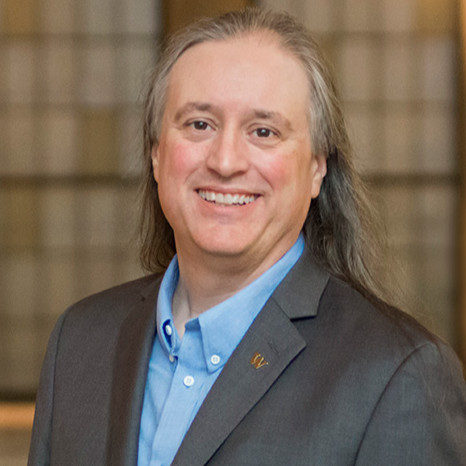 Rovy Branon, University of Washington
Rovy Branon, University of Washington 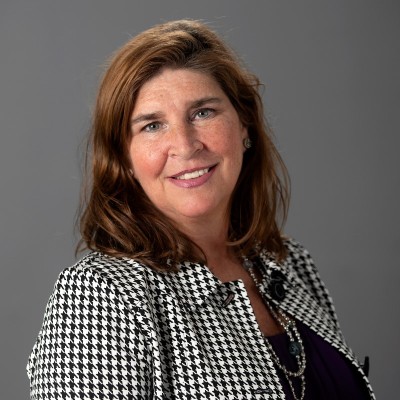 Carolyn Callaghan, Western Carolina University
Carolyn Callaghan, Western Carolina University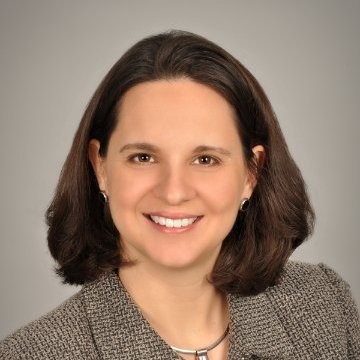
 Moderator: Nancy Coleman, Harvard University
Moderator: Nancy Coleman, Harvard University
October 28 | 2:00 PM ET
Founded in 2010 by Chef José Andrés, World Central Kitchen (WCK) uses the power of food to heal communities and strengthen economies in times of crisis and beyond. WCK has created a new model for disaster response through its work helping devastated communities recover and establish resilient food systems. WCK has served more than 40 million fresh meals to people impacted by natural disasters and other crises around the world in countries including The Bahamas, Indonesia, Lebanon, Mozambique, Venezuela, and the United States. WCK’s Resilience Programs in the Caribbean and Central America have trained hundreds of chefs and school cooks, advanced clean cooking practices, and awarded grants to farms, fisheries and small food businesses while also providing training and networking opportunities. Join us to learn about this NGO's powerful work, and please consider donating to this organization identified as the UPCEA South 2020 conference service project. donate.wck.org/upceasouth
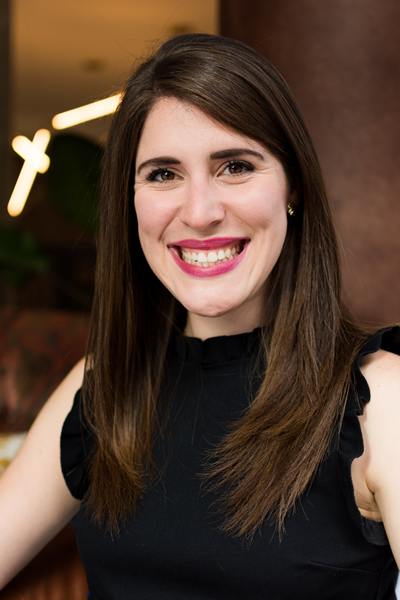 Lisa Abrego, World Central Kitchen
Lisa Abrego, World Central KitchenOctober 29 | 12:00 PM ET
As the marketplace continues to shift, and the demand for alternative credentials (micro-, nano-, stackable) rises, this session will cover the recently released Hallmarks of Excellence in Credential Innovation, along with the results of a recent UPCEA survey of 176 institutions on the role that alternative credentials plays in their portfolio of programs. The survey, sponsored by Mindedge, will share actionable data of those members involved in alternative credentialing efforts, in what areas, and with what results. This lively session will examine the emergent phenomenon of credential innovation as well as showcase data that undergird credential evolutions and how UPCEA member institutions are leading this charge.
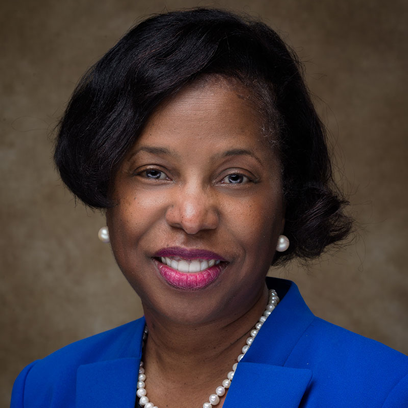
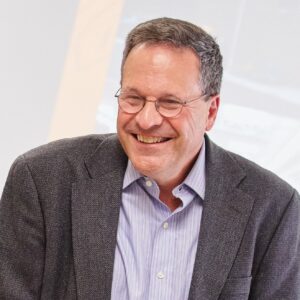 Jay Halfond, Boston University
Jay Halfond, Boston University 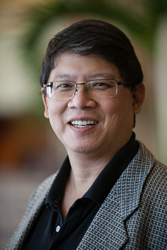
October 29 | 2:00 PM ET
The rapid shift to more widespread online and hybrid forms of teaching in higher education have created an opportunity to recognize the need to teach inclusively. Inclusive teaching strategies can improve learning and create an environment in which students feel valued. In this session we will explore inequities and diversity in the classroom. After providing a framework for inclusive teaching, Professor Viji Sathy of the University of North Carolina will draw upon her own teaching experiences and educational research to share inclusive teaching strategies that can be readily implemented with any discipline, class size, or format to help all students achieve to their potentials.
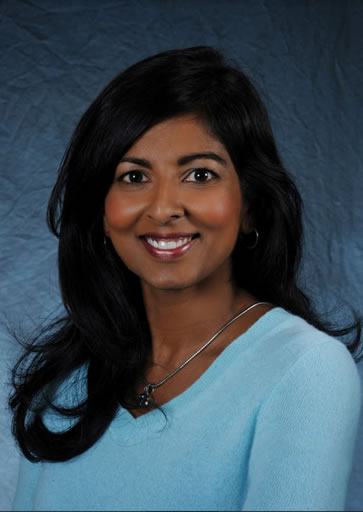 Viji Sathy
Viji Sathy Viji Sathy is a Professor in the Department of Psychology and Neuroscience and Special Projects Assistant to the Dean of Undergraduate Education at the University of North Carolina at Chapel Hill. She is actively involved in instructional innovation and faculty development. She is a national expert in inclusive teaching, speaking widely around the country and writing on the topic, most recently focusing on effective online teaching. Her research involves evaluating the impact of innovative teaching techniques as well as retention in STEM. Sathy is also the Program Evaluator of the Chancellor’s Science Scholars an adaptation of the Meyerhoff Program that has successfully increased representation of underrepresented students in STEM PhDs. She regularly teaches undergraduate quantitative courses as course-based research experiences: statistics and research methodology as well as makerspace courses. She is the recipient of numerous teaching awards for excellence in undergraduate education and the campus’ Student’s choice for Best Professor at UNC. Prior to her current position at UNC, she worked at the College Board conducting research on the SATs and non-cognitive predictors of college success. Sathy completed her undergraduate degree in psychology at the University of North Carolina at Chapel Hill, NC (B.S.1996) and her doctorate in psychometrics from UNC-Chapel Hill (Ph.D. 2003).